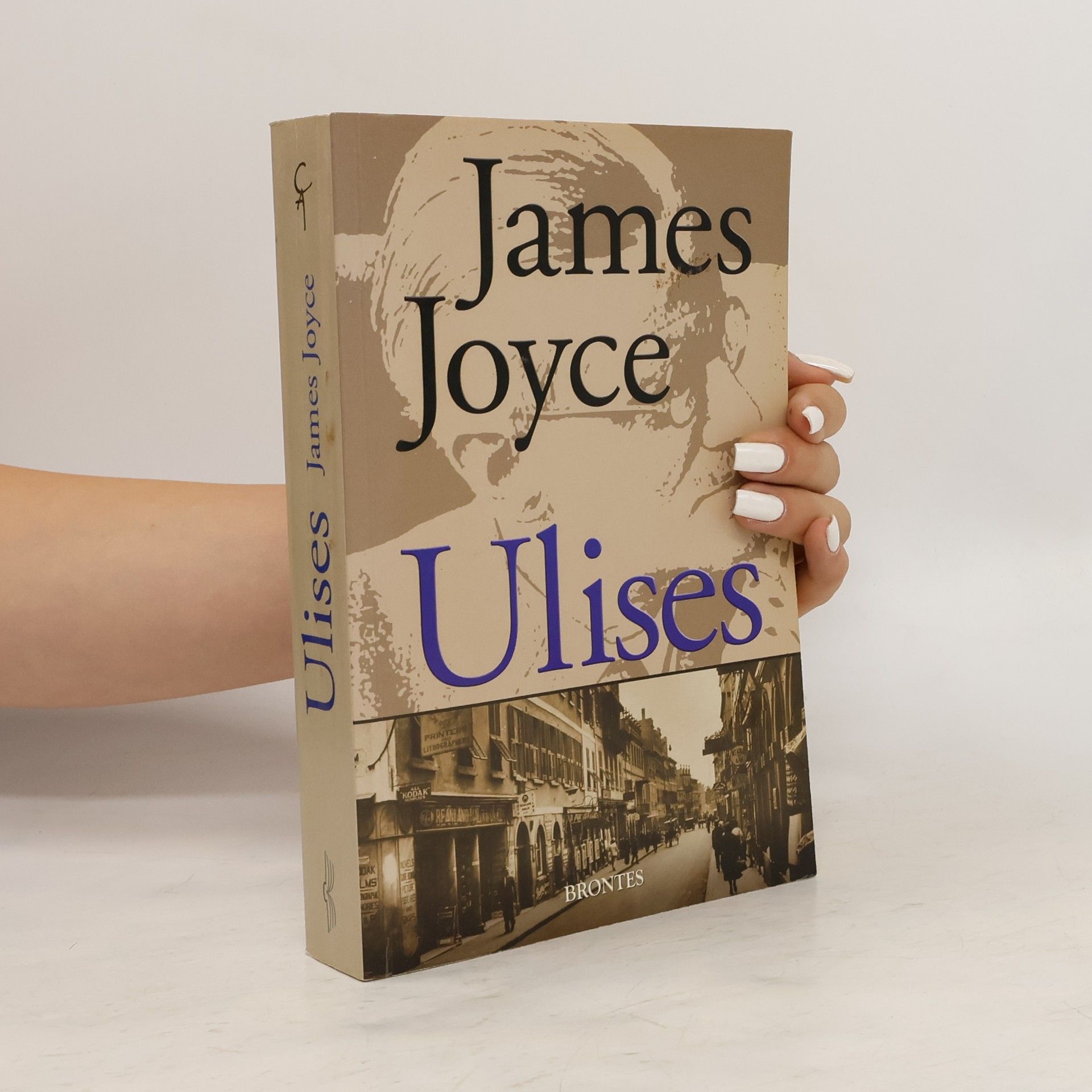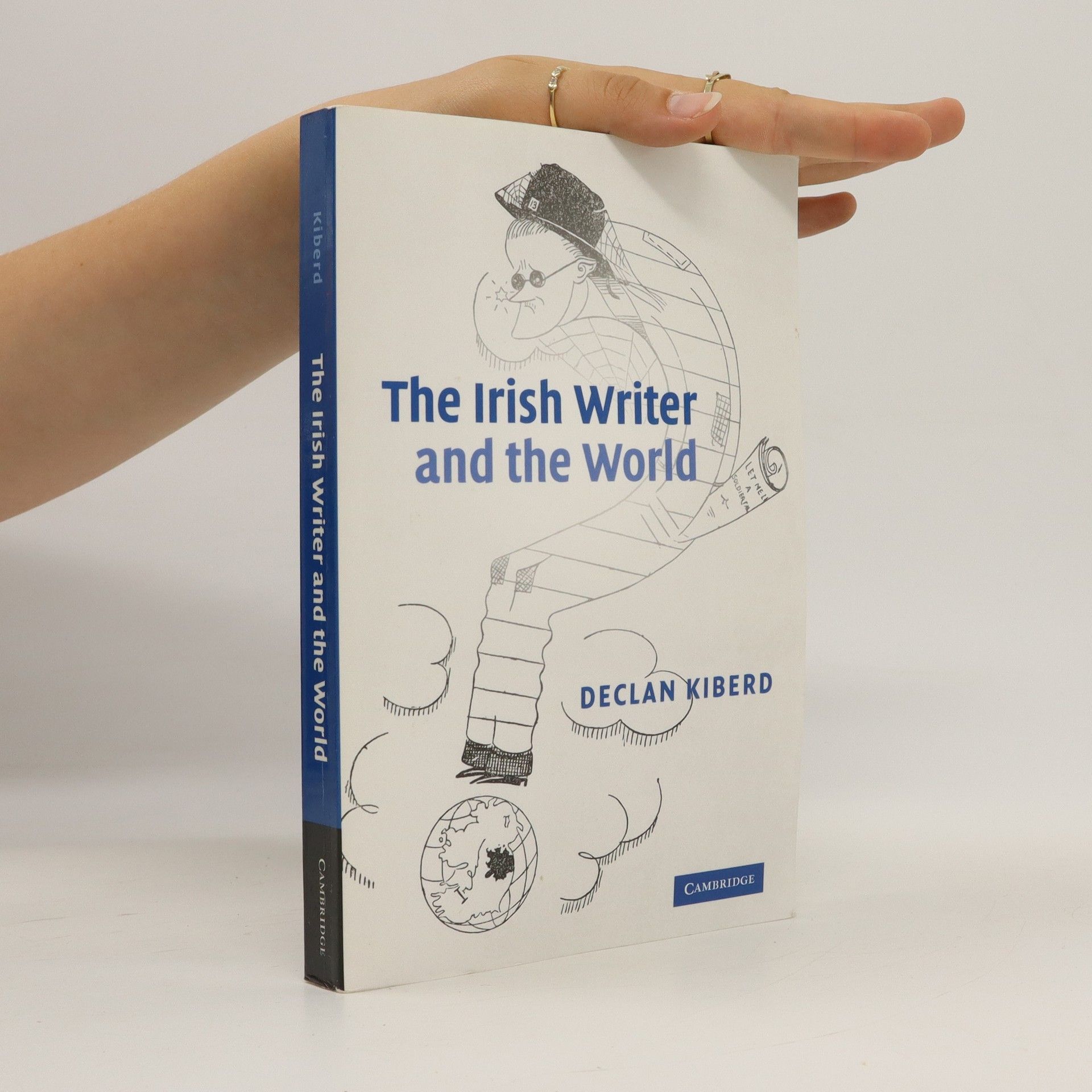Kiberd - one of Ireland's leading critics and a central figure in the FIELD DAY group with Brian Friel, Seamus Deane and the actor Stephen Rea - argues that the Irish Literary Revival of the 1890-1922 period embodied a spirit and a revolutionary, generous vision of Irishness that is still relevant to post- colonial Ireland.
Declan Kiberd Libros
Declan Kiberd profundiza en el corazón de la literatura anglo-irlandesa, explorando su esencia a través de obras y autores fundamentales. Su escritura a menudo examina cómo la literatura ha moldeado y reflejado la identidad irlandesa moderna. El enfoque analítico de Kiberd revela las profundas conexiones entre el arte y la vida cotidiana. A través de su erudición, ofrece a los lectores nuevas perspectivas sobre la riqueza del patrimonio literario de Irlanda.






Fourfront : contemporary stories translated from the Irish
- 148 páginas
- 6 horas de lectura
Despite the richness of the short story in Irish literature, there remains a relative absence of stories translated from the Irish. This collection of stories aims to help fill this gap. Micheal O Conghaile is one of Ireland's foremost contemporary Irish-language prose writers. His stories are filled with dissidents and rebels, protagonists who find themselves suddenly revealed as errata in someone else's master narrative. Padraic Breathnach is probably the most prolific short story writer in Irish, with over 150. The four included here show isolated individuals struggling against inherited authority structures, and they may tell us more than any sociologist about the destiny of community. He is glorious and unmatched in his depiction of decay, the decay of social, cultural, and moral fabrics, of landscape and mind gone to seed. Dara O Conaola's stories share a real generic affinity with that other favored form of Gaelic tradition, the lyric poem. His stories are full of wonder and imagination. Lastly, Alan Titley is probably best known as a novelist. Politically, his stories probably represent a more radical, subversive side, while his language reveals a linguistic virtuosity that verges on the carnivalesque.
The Irish Writer and the World
- 344 páginas
- 13 horas de lectura
Declan Kiberd, author of the award-winning Irish Classics and Inventing Ireland, argues that political conflict between Ireland and England ultimately resulted in cultural confluence--causing the English literary tradition to greatly influence Irish language writing. Continuing his exploration of the role of Irish politics and culture in a decolonizing world, Kiberd covers Anglo-Irish literature, the fate of the Irish language and the Celtic Tiger. This collection of Kiberd's work over twenty-five years demonstrates the extraordinary range, astuteness and wit that have made him a defining voice in Irish studies and beyond.
Ulises
- 638 páginas
- 23 horas de lectura
Durante la Primera Guerra Mundial James Joyce vivio en Zurich, dedicado por completo a la creacion del Ulises. En 1920 se traslado a Paris, donde termino y publico su obra en 1922. El titulo evoca al protagonista de la Odisea de Homero, cuyo hilo argumental es seguido por Joyce con un sentido ironico y burlesco. Esta nueva odisea esta protagonizada por un hombre de clase media, Leopold Bloom, que tiene que afrontar asuntos problematicos relacionados con la familia, la lglesia y el Estado a lo largo de 24 horas que dura el relato. Uno de los mayores logros de la novela es el monologo interior, tanto del personaje central (al estilo del examen de conciencia jesuitico) como de su esposa, Molly Bloom.
Ulysses and Us
- 416 páginas
- 15 horas de lectura
In Ulysses and Us, Declan Kiberd argues that James Joyce's Ulysses offers a humane vision of a more tolerant and decent life under the dreadful pressures of the modern world.
Ulysses is a novel by the Irish author James Joyce. Ulysses chronicles the passage of Leopold Bloom through Dublin during an ordinary day, 16 June 1904 (the day of Joyce's first date with his future wife, Nora Barnacle). The title alludes to Odysseus (Latinised into Ulysses), the hero of Homer's Odyssey, and establishes a series of parallels between characters and events in Homer's poem and Joyce's novel (e.g., the correspondence of Leopold Bloom to Odysseus, Molly Bloom to Penelope, and Stephen Dedalus to Telemachus). Joyce fans worldwide now celebrate 16 June as Bloomsday. Ulysses' stream-of-consciousness technique, careful structuring, and experimental prose-full of puns, parodies, and allusions, as well as its rich characterisations and broad humour, made the book a highly regarded novel in the Modernist pantheon. In 1998, the Modern Library ranked Ulysses first on its list of the 100 best English-language novels of the 20th century.